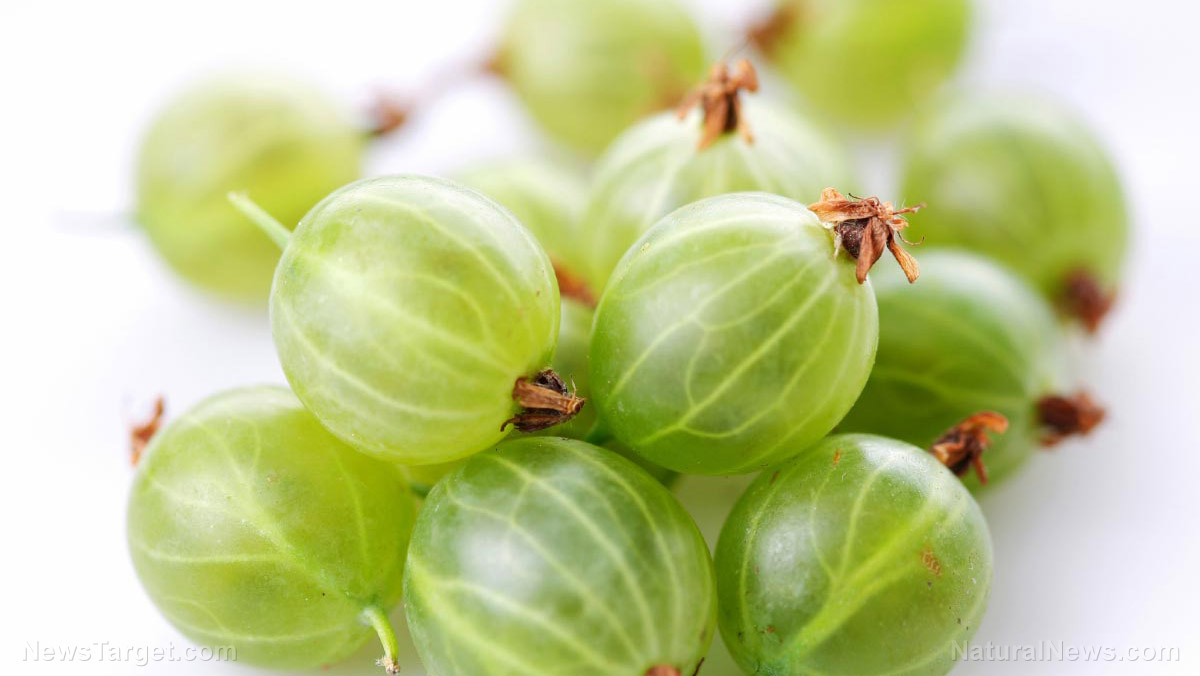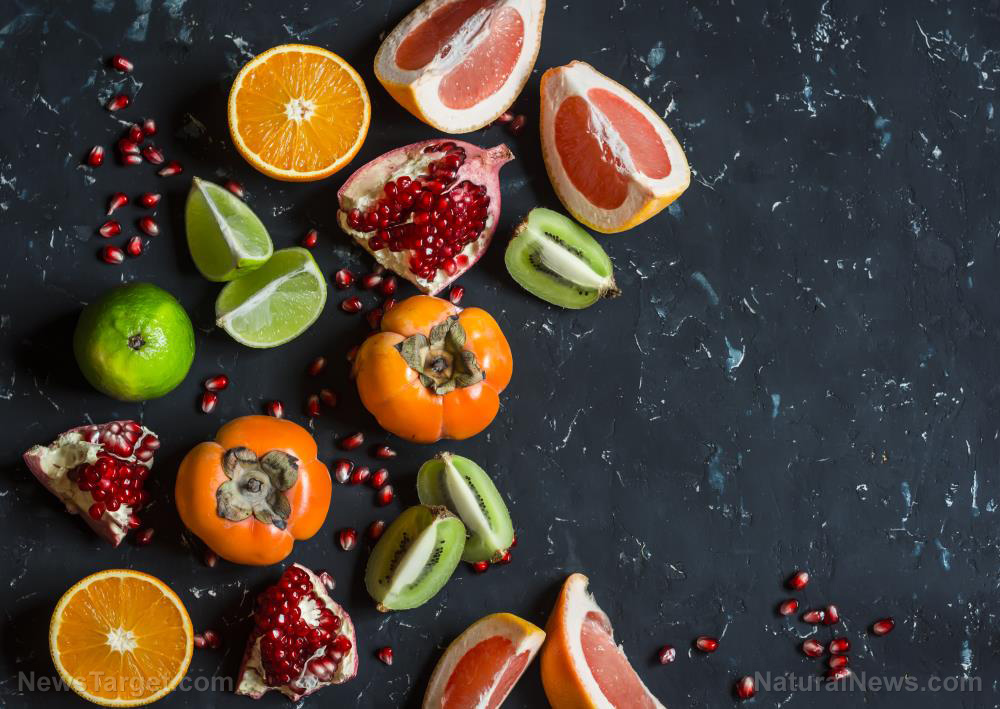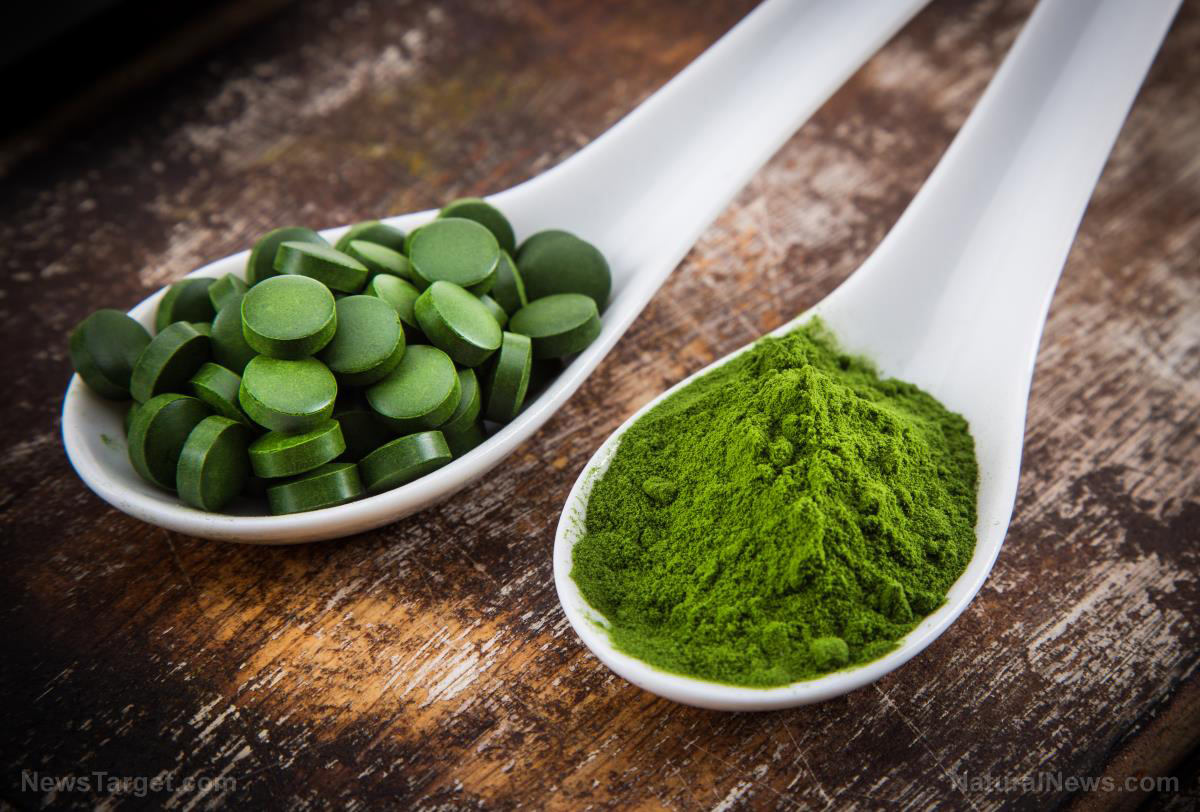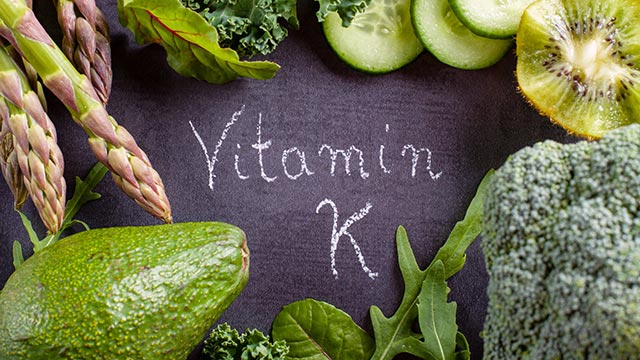Study reveals marathoners and elite athletes have high levels of gut bacterium that improve exercise endurance
03/23/2020 / By Franz Walker

Ever wonder how elite athletes are able to power through tough challenges? Well, it turns out it’s simply a matter of guts, or rather something that resides in their gut. A recent study highlighted how marathoners have unusually high levels of a bacterium in their digestive tracts that may be helping them go the distance.
The findings come from a study involving 15 athletes who participated in the 2015 Boston Marathon. According to the authors, these athletes had higher-than-normal amounts of a gut bacterium from the genus Veillonella.
The researchers discovered the presence of the bacterium after taking daily samples of solid waste from the athletes one week before and one week after the marathon. The microbe known as V. atypica was present in larger numbers in the digestive tracts of the runners after the marathon, but not in the 10 non-runners that they also sampled.
V. atypica feeds on lactate, which causes muscle burn
Upon discovering high concentrations of V. atypica in the marathoners, the researchers looked into how it benefited the athletes. They found that the bacterium used lactate as their main food source.
Lactate is an organic molecule produced by various cells throughout the body, especially the muscles. The latter produces large quantities of lactate as a byproduct of turning glucose into energy. During extended bouts of exercise, the muscles produce more lactate than the body can process. This excess lactate is what causes the “muscle burn” that people feel after working out.
“We have a bug that responds to exercise and its natural function is to eat a metabolite that is associated with fatigue,” said first-author Jonathan Scheiman, then a postdoctoral researcher at Harvard University’s Wyss Institute for Biologically Inspired Engineering. “That was a big light bulb moment.”
But V. atypica utilizing lactate isn’t the only thing that’s giving athletes their energy boost. The study also found that the Veillonella species converts lactate into propionate. This short-chain fatty acid gives people energy. In addition, some studies indicate that propionate can suppress the appetite and even help fight obesity.
To further explore this benefit, the researchers introduced V. atypica in mice and compared their performance on treadmills with that of normal mice. They reported that the mice with V. atypica were able to run for a longer period of time than those who did not receive the bacterium.
Are energy boosting probiotics on the way?
The ability of V. atypica to metabolize lactate and stave off muscle burn while providing an energy boost raises the question of whether or not it can be used as a probiotic supplement for athletes. However, Dr. George Church, a professor of genetics at Harvard Medical School and co-author of the study, said that it’s impossible to answer this based on treadmill tests on mice.
“Clarity on the implications will have to await … trials in humans,” explained Church.
Natural ways to increase beneficial gut microbes
While probiotic supplements containing Veillonella won’t be available anytime soon, other ways of increasing the number of good bacteria in the gut exist. Simply eating more green, leafy vegetables as well as foods high in fiber can help boost beneficial gut microbes. Conversely, a diet rich in fats, sugar and refined carbohydrates can negatively affect the diversity of the bacteria present in your gut.
Besides introducing healthy changes to your diet, implementing meaningful lifestyle changes can also do a lot for your gut microbiota. As the Harvard study demonstrates, exercising regularly can cause a certain useful bacterium to flourish in the gut.
Sources include:
Tagged Under: digestion, discoveries, endurance, energy boost, excercise, fitness, good gut bacteria, gut health, health science, lactate, muscle burn, probiotics, propionate, research, supplements
RECENT NEWS & ARTICLES
COPYRIGHT © 2017 SUPPLEMENTS REPORT

















